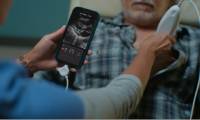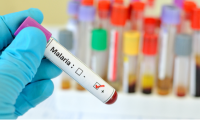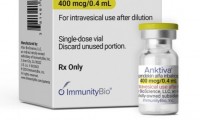-
【EXPERT Q&A】What is the relationship between FDA registration and 510K registration for medical devices and what is the difference?
- Source: drugdu
- 173
- April 30, 2024
-
Exo adds FDA-cleared AI tools to handheld ultrasound system
- Source: drugdu
- 111
- April 28, 2024
-
FDA Approves Utility Therapeutics’ Pivya to Treat Uncomplicated Urinary Tract Infections in Adult Females
- Source: drugdu
- 101
- April 28, 2024
-
FDA Drug Approval Marks a New Day for Treating Pediatric Brain Cancer
- Source: drugdu
- 80
- April 26, 2024
-
FDA Approves Amneal’s Naloxone Hydrochloride Nasal Spray as an OTC Treatment for Opioid Overdose
- Source: drugdu
- 78
- April 26, 2024
-
FDA Approves Immunotherapy That Can Spare Bladder Cancer Patients From Radical Surgery
- Source: drugdu
- 78
- April 25, 2024
-
FDA Approves Novartis’ Lutathera for Pediatric Patients with Gastroenteropancreatic Neuroendocrine Tumors
- Source: drugdu
- 140
- April 25, 2024
-
FDA Approves Takeda’s Subcutaneous Form of Entyvio as a Maintenance Therapy in Adults with Moderately to Severe Crohn Disease
- Source: drugdu
- 104
- April 23, 2024
-
Vertex’s pain drug suzetrigine advances in FDA approval process
- Source: drugdu
- 85
- April 23, 2024
your submission has already been received.
OK
Subscribe
Please enter a valid Email address!
Submit
The most relevant industry news & insight will be sent to you every two weeks.













